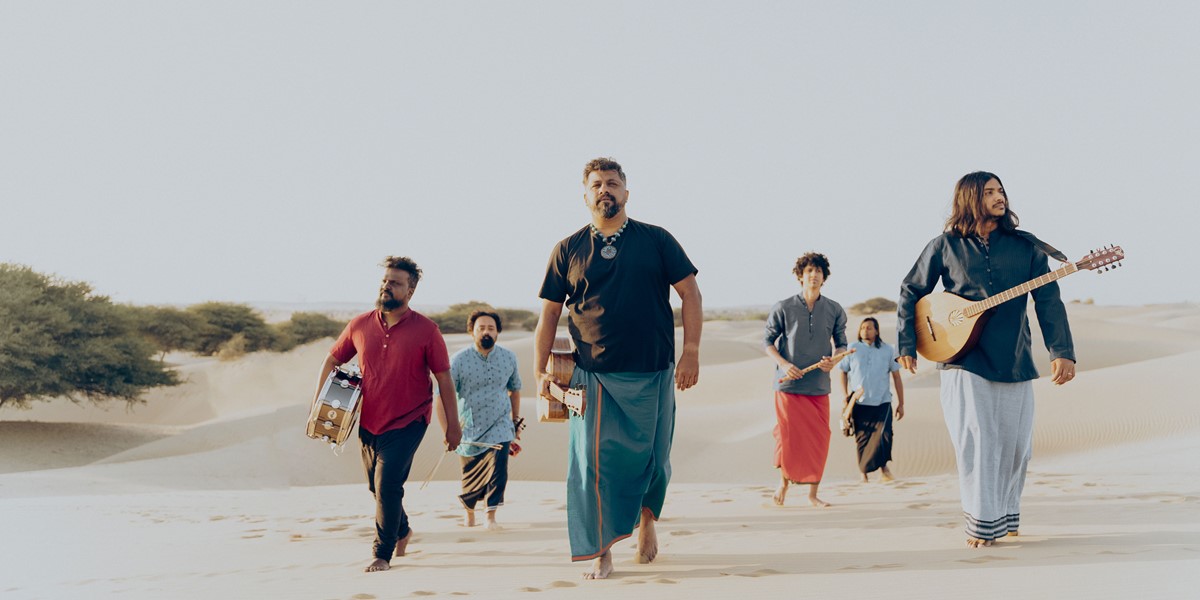Wednesday, July 10, 2024
Four Corners and Centre of Raghu Dixit’s Universe
The Indian folk-rocker is back and in ebullient form picking out a truly global selection of albums that have left a deep imprint on his psyche

Raghu Dixit and his band

Register now to continue reading

Thanks for visiting the Songlines website, your guide to an extraordinary world of music and culture. Sign up for a free account now to enjoy:
- Free access to 2 subscriber-only articles and album reviews every month
- Unlimited access to our news and awards pages
- Our regular email newsletters

